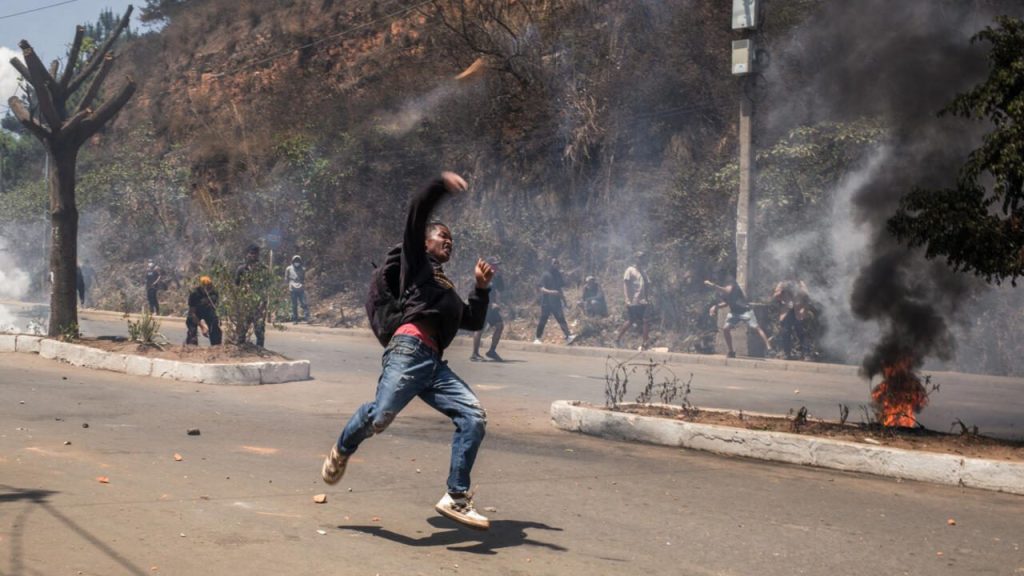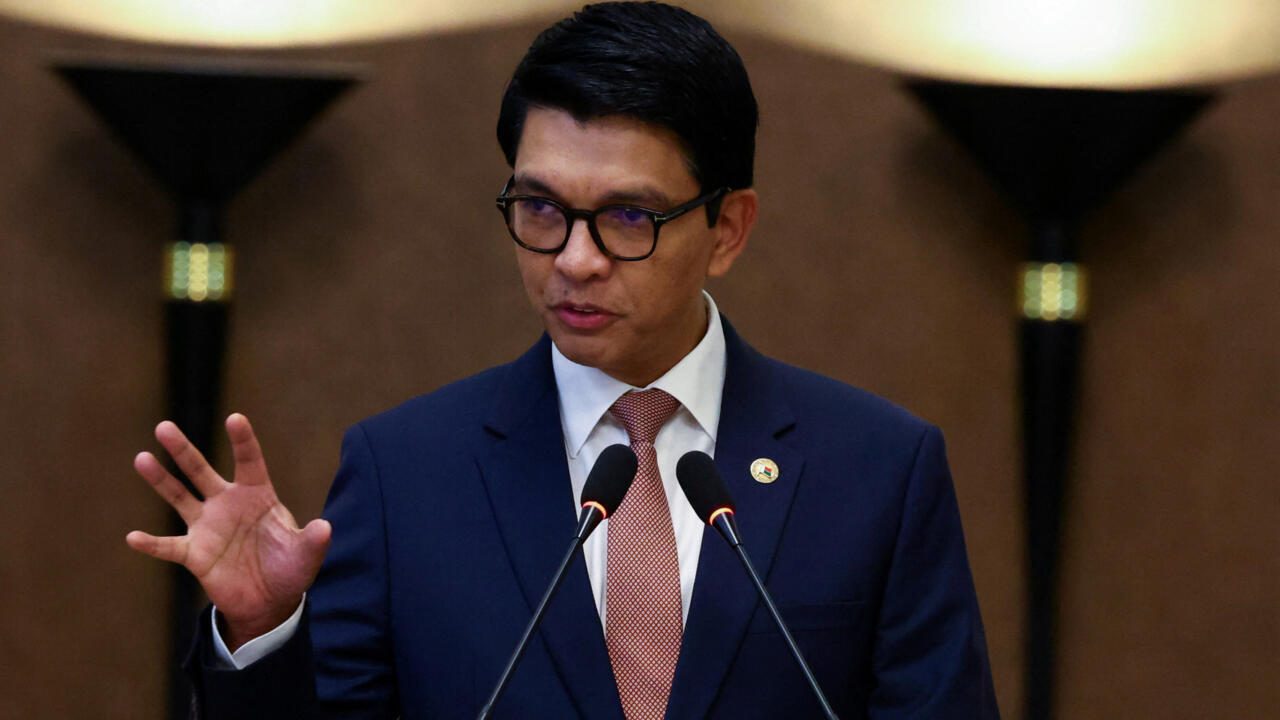Madagascar has been thrown into a profound political crisis as President Andry Rajoelina went into hiding amid mass protests and a military rebellion.
The unrest began late September over chronic water and power shortages but evolved into a widespread movement, largely led by young people known as “Gen Z Mada,” voicing frustrations with unemployment, corruption, and the high cost of living.
Rajoelina claimed in a Facebook broadcast that “a group of military personnel and politicians planned to assassinate me” and said he was forced to find “a safe place” to protect himself.
The elite CAPSAT military unit, which helped bring Rajoelina to power in 2009, has broken ranks, declaring control over the armed forces and aligning with protesters. CAPSAT appointed General Demosthene Pikulas as Chief of Army Staff, signalling a shift in military allegiance.

The protests have turned violent, with the United Nations reporting at least 22 deaths and over 100 injuries due to confrontations between security forces and demonstrators. Allegations of live ammunition use and tear gas leading to civilian casualties, including a newborn, have emerged amid disputed reports from the government.
Madagascar’s largest opposition party, TIM, announced plans to impeach Rajoelina for abandoning his post. Several close allies have fled to Mauritius. The political instability threatens ongoing economic reforms supported by the IMF, while around 75% of Madagascar’s population remains in poverty and infrastructure woes persist.
Rajoelina, once Africa’s youngest leader, first assumed power in a 2009 military-backed coup and was reelected in 2023. His early appeal as a businessman and DJ has been overshadowed by allegations of corruption and nepotism.
Amid growing military defiance and public anger, Madagascar now faces an uncertain future with the military effectively controlling key elements of governance and increasing calls for democratic change.
This crisis marks the most severe political upheaval Madagascar has faced in over a decade, with significant implications for its fragile democracy and development trajectory.

